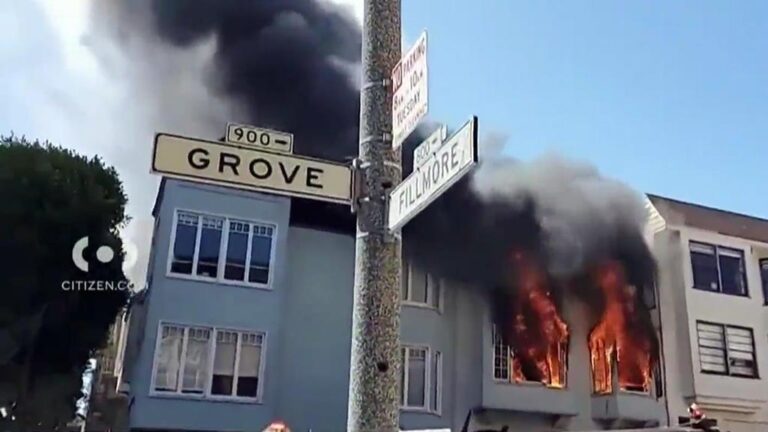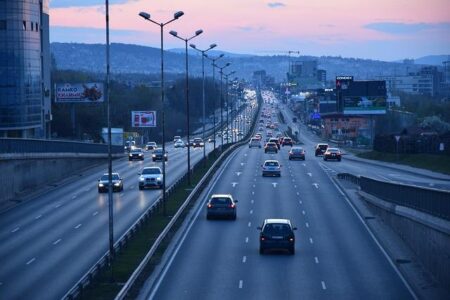Addressing the Rising Tide of Hate Crimes in San Antonio
Alarming Increase in Bias-Motivated Incidents Shakes San Antonio Communities
San Antonio, known as the Alamo City, is currently grappling with a significant escalation in hate crimes, stirring unease among its multicultural population. Recent data and firsthand accounts reveal a surge in attacks driven by racial, ethnic, and religious prejudices, undermining the city’s longstanding image of inclusivity and coexistence. This troubling trend has left many residents feeling vulnerable in their own neighborhoods, prompting urgent calls for action.
- Notable rise in hate crime reports: Official figures show an approximate 25% increase within the last year.
- Concentration of incidents: Neighborhoods such as Downtown and the South Side are identified as primary hotspots.
- Community mobilization: Grassroots groups and nonprofits have intensified efforts to provide support and raise awareness.
| Incident Category | Reported Cases (Last 12 Months) | Year-over-Year Growth |
|---|---|---|
| Physical Attacks | 48 | +15% |
| Property Damage | 62 | +28% |
| Harassment and Threats | 53 | +30% |
Law enforcement agencies encourage prompt reporting of any hate-related offenses to ensure timely intervention. Meanwhile, community forums and healing circles are being organized to foster solidarity and resilience. These initiatives aim to unite San Antonio’s residents against hatred and cultivate a safer, more welcoming city for everyone.
Unpacking the Underlying Drivers of Hate Crime Escalation
The surge in hate crimes within San Antonio mirrors a broader pattern observed across the United States and globally. Analysts point to a complex interplay of factors fueling this increase, including deepening political divides, economic uncertainties exacerbated by inflation and job market shifts, and the pervasive influence of extremist content proliferated through social media channels. These elements collectively embolden individuals to act on prejudices, resulting in more frequent and severe hate incidents.
Experts also highlight how misinformation and insufficient community engagement contribute to misunderstandings that escalate tensions. The following table summarizes key root causes alongside their effects on social cohesion:
| Contributing Factor | Community Impact |
|---|---|
| Political Fragmentation | Increased suspicion and alienation among neighbors |
| Economic Pressures | Marginalized groups becoming scapegoats |
| Social Media Amplification | Rapid dissemination of hateful rhetoric and radicalization |
| Insufficient Awareness | Prevalence of stereotypes and fear-based biases |
Calls from Community Advocates for Strengthened Policing and Public Education
Community advocates and local leaders are pressing city officials and police departments to implement comprehensive strategies addressing the spike in hate crimes. At a recent public forum, they outlined critical demands including:
- Specialized training for officers on cultural competence and implicit bias
- Allocation of additional resources to thoroughly investigate hate-motivated offenses
- Enhanced partnerships between law enforcement and diverse community groups to improve trust and communication
These measures are seen as essential to restoring confidence among vulnerable populations who have reported feeling increasingly unsafe. “Hate must never dictate the daily lives of San Antonio’s residents,” stated a community spokesperson, emphasizing the need for transparency and accountability in policing practices.
| Proposed Initiative | Anticipated Benefit |
|---|---|
| Bias Awareness Training for Law Enforcement | Decrease in racial profiling and discriminatory practices |
| Community Engagement Programs | Strengthened relationships and open dialogue |
| Public Education Campaigns | Increased awareness and proactive reporting |
Building a Culture of Inclusion to Prevent Future Hate Crimes
Ensuring safety and harmony in San Antonio requires a holistic approach that combines education, community involvement, and firm policy enforcement. One effective method is organizing regular community dialogues and cultural exchange workshops, which provide platforms for residents to share personal stories and deepen mutual understanding. These efforts, often led by local nonprofits and civic leaders, help dismantle prejudices and foster empathy.
Educational institutions and workplaces also play a pivotal role by integrating diversity and inclusion training into their programs, promoting environments where respect and acceptance are the norm rather than the exception. Such proactive measures can significantly reduce the likelihood of hate-driven behaviors.
Essential initiatives to promote inclusivity include:
- Developing victim support services with accessible reporting mechanisms and counseling resources.
- Collaborating with police to improve hate crime data collection and community policing efforts.
- Launching media campaigns that challenge stereotypes and celebrate the city’s rich cultural mosaic.
- Hosting interfaith and multicultural events to strengthen neighborhood bonds and foster unity.
| Initiative | Expected Impact | Illustrative Example |
|---|---|---|
| Neighborhood Dialogue Sessions | Enhance trust and mutual respect | Biweekly community roundtables |
| Inclusion Workshops | Mitigate workplace discrimination | Annual corporate diversity seminars |
| Victim Assistance Programs | Empower and support affected individuals | 24-hour hate crime helplines |
Looking Ahead: Collective Action as the Path to Safety and Unity
As hate crimes continue to rise in San Antonio, the collective anxiety among residents grows. However, community leaders and law enforcement remain committed to fostering awareness, implementing preventative strategies, and maintaining open channels for dialogue. Though challenges persist, there is cautious optimism that through united efforts and vigilant engagement, San Antonio can reclaim its reputation as a city where diversity is celebrated and all citizens feel secure.




